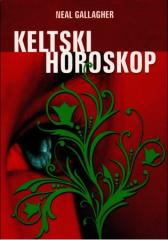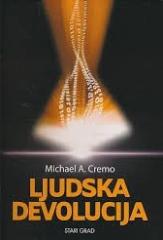
Geschichte des Okkultismus
Knjiga pruža sveobuhvatan pregled istorije okultizma, istražujući njegove korene, razvoj i uticaj na kulturu i društvo. Kroz bogat istorijski kontekst, knjiga pokazuje kako okultizam nastavlja da oblikuje duhovne i intelektualne tokove.
Grifon počinje ispitivanjem drevnih verovanja, uključujući egipatske, mesopotamske i grčke misterijske tradicije, koje su postavile temelje za kasnije okultne prakse. Posebna pažnja posvećena je alhemiji, astrologiji i magiji u srednjem veku, gde su se nauka, religija i misticizam ispreplitale.
Autor detaljno opisuje renesansni procvat okultizma, sa akcentom na ličnosti poput Paracelzusa i Džona Dija, koji su kombinovali naučna istraživanja sa ezoteričnim učenjima. Knjiga takođe istražuje razvoj tajnih društava, poput rozenkrojcera i slobodnih zidara, i njihovu ulogu u širenju okultnih ideja. Grifon takođe ispituje moderni okultizam 19. i 20. veka, uključujući teozofiju Helene Blavacki, spiritualizam i delo Alistera Kroulija, čije su kontroverzne prakse ostavile dubok trag.
Knjiga naglašava kako je okultizam uticao na umetnost, književnost i filozofiju, od romantizma do savremenih ezoteričnih pokreta. Grifon takođe analizira tenzije između okultizma i institucionalnih religija, kao i naučni skepticizam.
One copy is available





